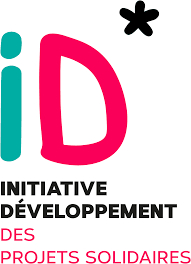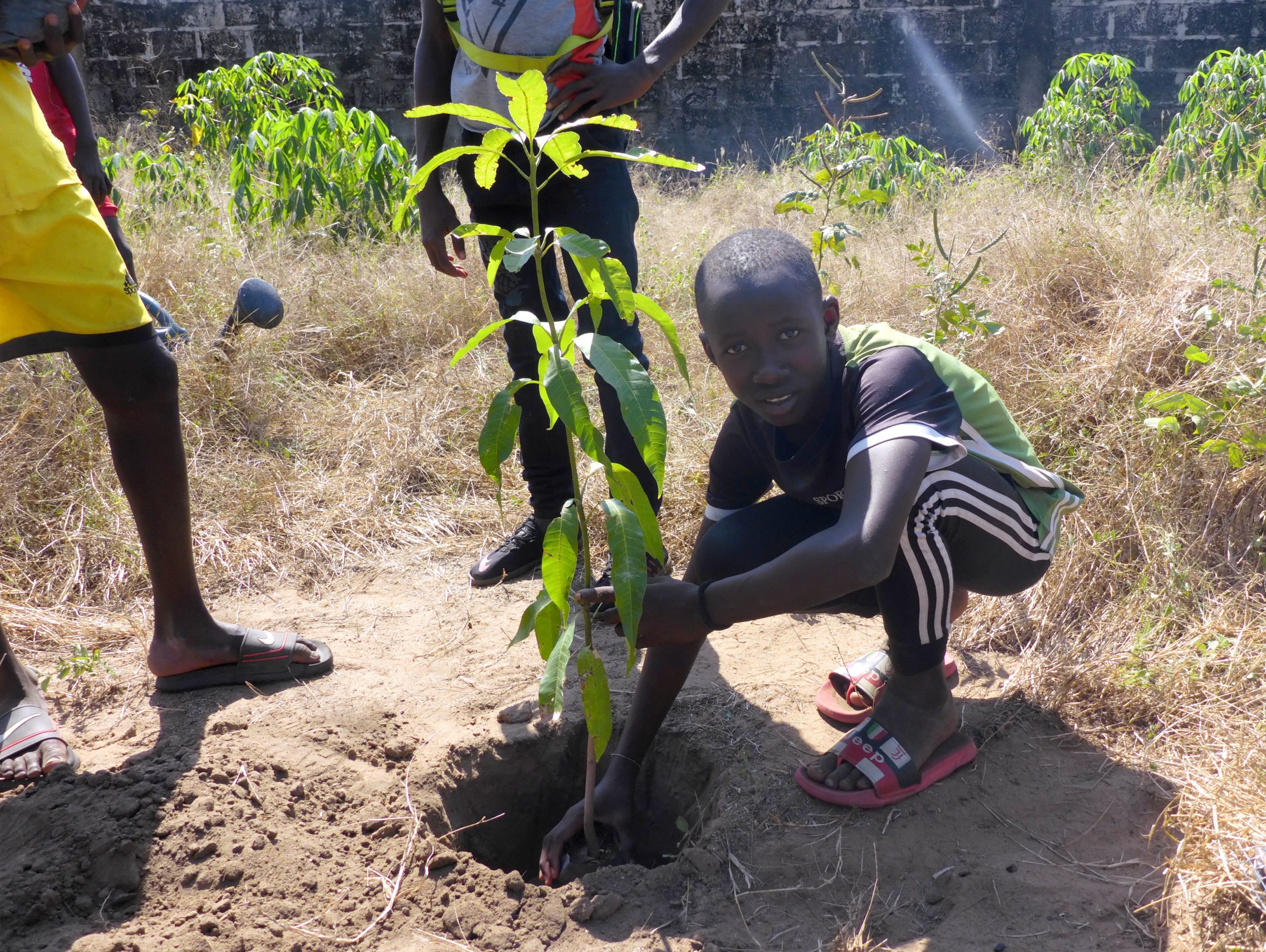
2021
Founded in 1994, Initiative Développement operates mainly in French-speaking Africa: Senegal, Burkina Faso, Republic of Congo, Benin, Chad, Comoros and Madagascar. For the past 25 years, Initiative Développement has been involved in empowering local actors to build and implement their own responses to social, environmental and economic challenges in their territories. Initiative Développement works in health, education, environmental protection, and access to energy and water.
The NGO has twice received support from the Bel Corporate Foundation to promote the use of improved stoves in Congo (2016) and Senegal (2020).
In Senegal, it is working with its partner, the Fatick Regional Development Agency, a technical support service for the region’s communities.
The project supported in 2021: the Foundation is working with Initiative Développement to strengthen the infrastructure of 13 school canteens in the Fatick region of Senegal.
This project is a continuation of the project supported by the Foundation in 2020, which allowed 12 schools in the Fatick region to benefit from improved stoves that save fuel and reduce smoke emissions. The school staff also benefited from support to improve the nutritional quality of the meals and to set up a system of local contribution and solidarity for the supply of canteens, called “Educational Attic”.
With the renewed support of the Foundation, the NGO wishes to reinforce the food autonomy of these 12 schools and of a new one that has been identified in the region. To this end, the schools will benefit from new kitchens, equipped with improved stoves. A significant planting of trees inside or near the schools is also planned to reinforce, in the long run, the autonomy of the schools in wood-energy.
This intervention will facilitate and secure the preparation of meals for the 3,288 students, while contributing to the fight against local deforestation, a problem particularly present in the region.
Through this project, Initiative Développement and its partner want each child to have a healthy and balanced meal in a resilient school that respects its environment.
